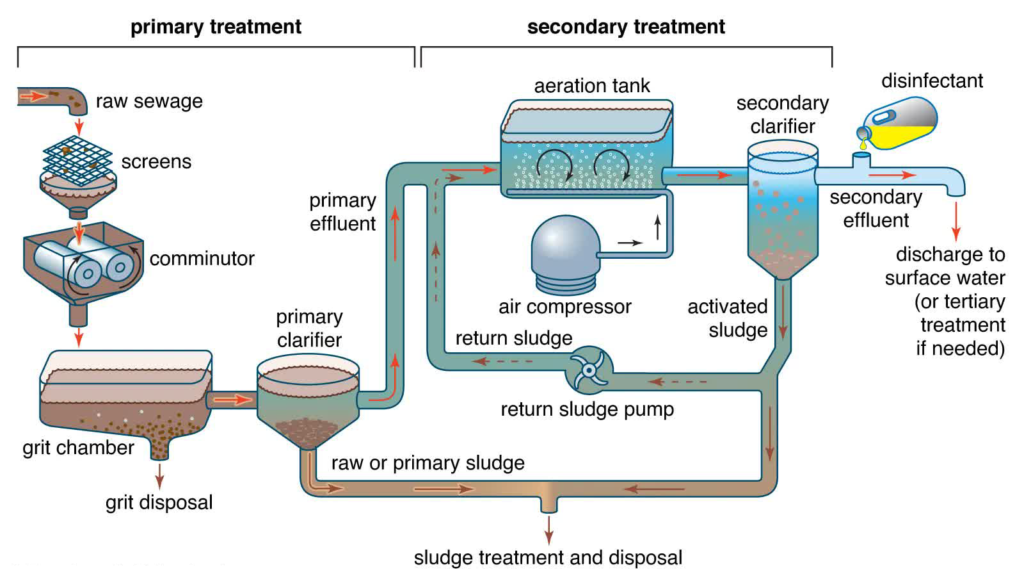

BLOG
What is sludge dehydrator for waste water?
What is sludge dehydrator for waste water?
15 August 2023
Introduction:
Wastewater treatment is a critical process in maintaining environmental health. However, the byproduct of this process, known as sludge, poses its own set of challenges. To efficiently manage this sludge, a valuable tool known as a sludge dehydrator comes into play. In this blog, we will delve into the purpose and significance of a sludge dehydrator in wastewater treatment, providing a straightforward understanding of its role.

Understanding the Sludge Dehydrator:
1. What is a Sludge Dehydrator?
A sludge dehydrator is a specialized piece of equipment designed to reduce the water content in sludge generated during wastewater treatment processes. Also known as a sludge dewatering machine, this device employs various mechanisms to remove excess water, resulting in drier sludge that is easier to handle and dispose of.
2. How Does it Work?
The sludge dehydrator works by applying mechanical pressure to the sludge, effectively separating the water from the solids. Common methods include using centrifugal force, gravity drainage, and compression. These techniques facilitate the removal of water, leading to a reduction in the sludge volume.
3. Importance in Wastewater Treatment:
The primary purpose of a sludge dehydrator is to minimize the volume of sludge generated during wastewater treatment. By reducing the water content, the dehydrator not only streamlines the handling and transportation of sludge but also reduces the overall environmental impact. Additionally, dewatered sludge takes up less space in landfills, leading to more efficient waste disposal.
4. Types of Sludge Dehydrators:
There are various types of sludge dehydrators available, including belt filter presses, screw presses, and centrifuges. Each type has its own advantages and is suitable for different sludge compositions and treatment capacities.
5. Environmental Benefits:
Utilizing a sludge dehydrator aligns with sustainable practices, as it contributes to efficient resource utilization. By reducing water content, fewer resources are needed for transportation and disposal, ultimately lowering the carbon footprint associated with wastewater treatment.
Conclusion:
In the realm of wastewater treatment, a sludge dehydrator plays a crucial role in efficiently managing sludge by reducing its water content. This not only simplifies handling and disposal processes but also promotes environmentally responsible practices. By gaining a clear understanding of the function and benefits of a sludge dehydrator, wastewater treatment facilities can enhance their overall operational efficiency and contribute to a cleaner and healthier environment.



